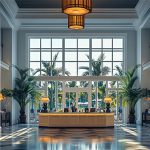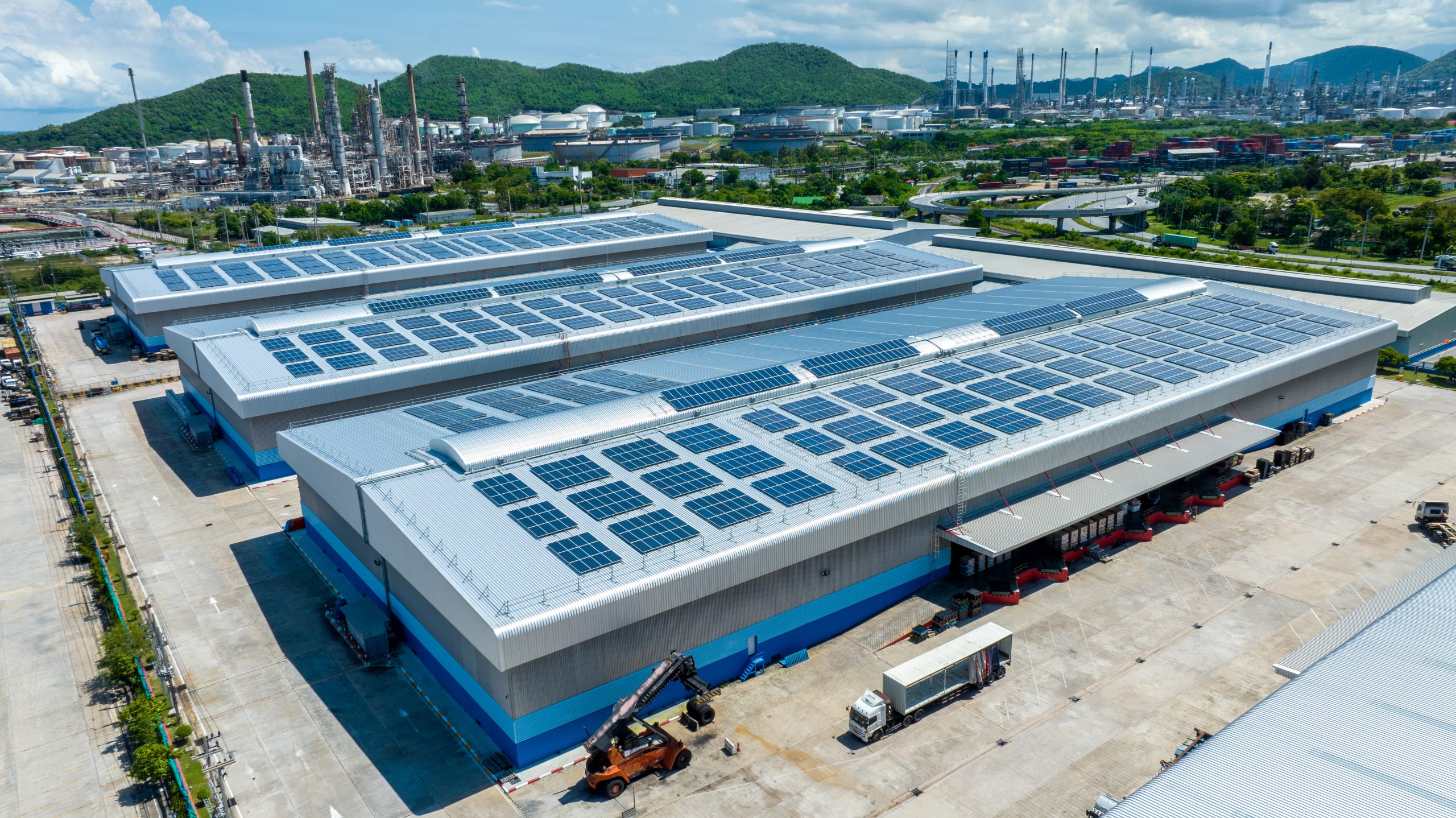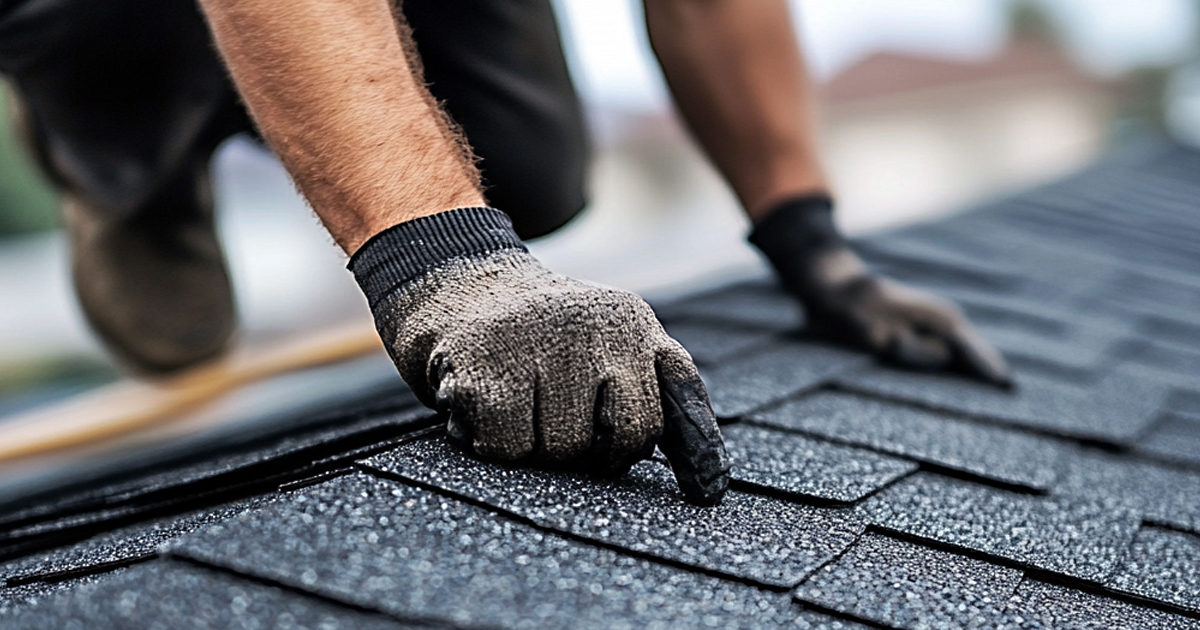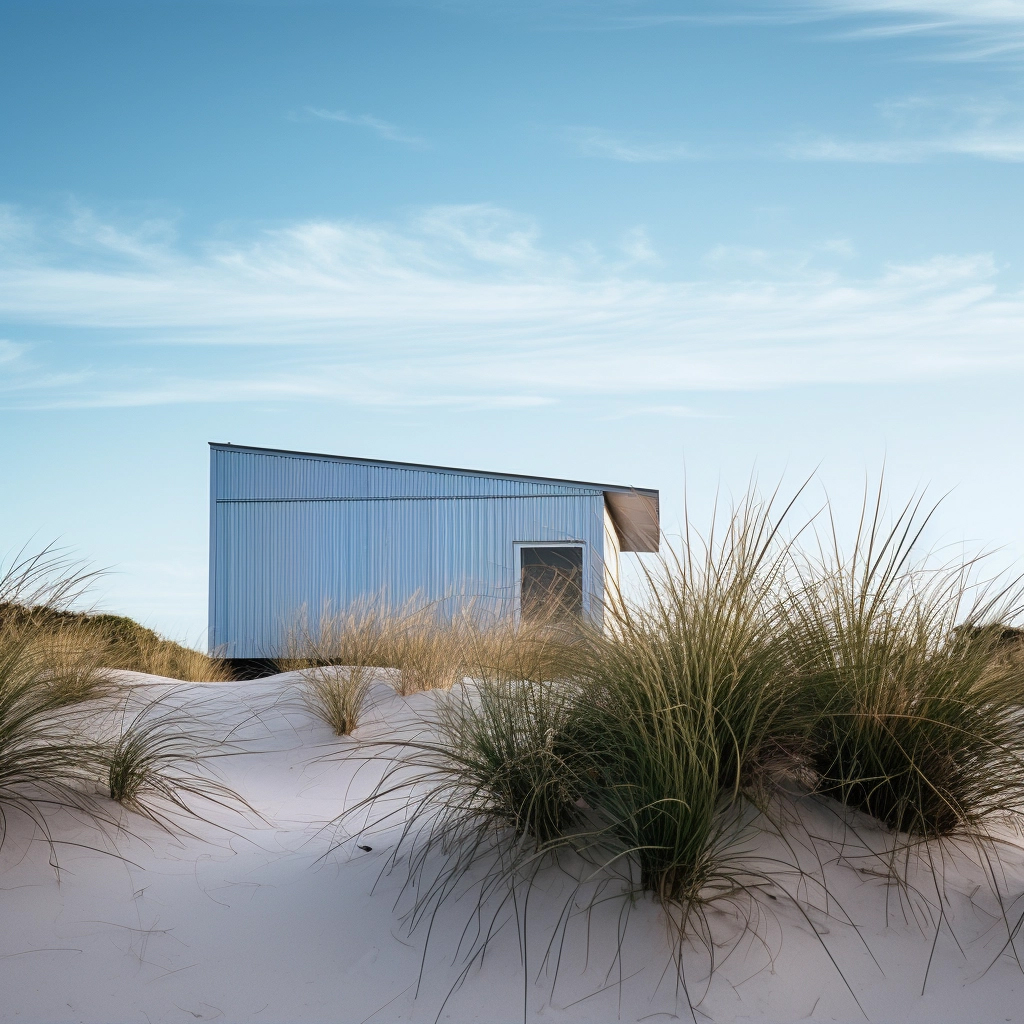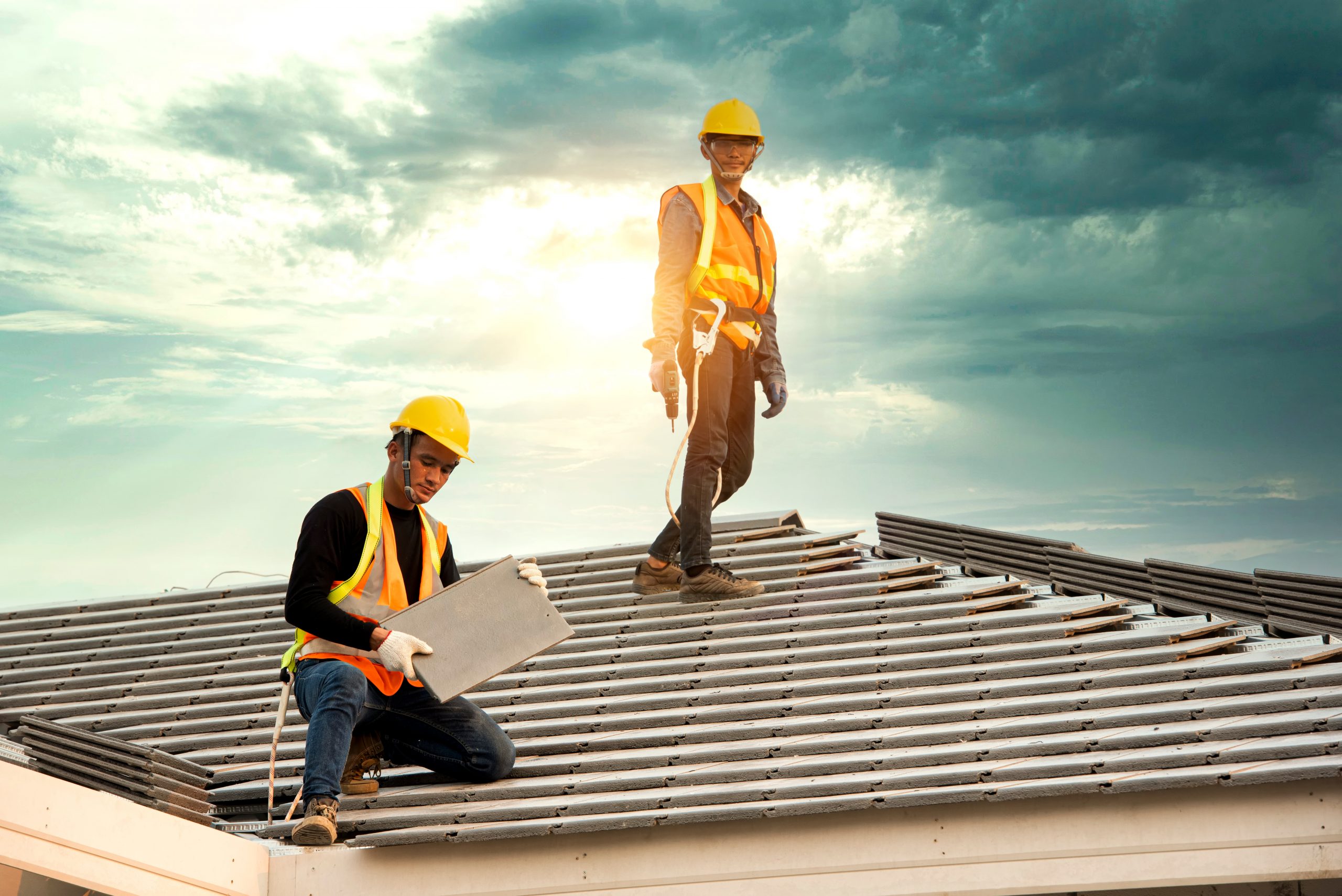Commercial roofing is an important part of any business’s building maintenance. Keeping the roof in good condition is essential for protecting the building from the elements and maintaining a healthy indoor environment. Properly installed and maintained commercial roofing can last for many years and reduce the amount of energy and money needed to keep the building comfortable. In this blog post, we will discuss the different types of commercial roofing, the advantages of each, and the importance of proper installation and maintenance.
Commercial Roofing Systems and Solutions
When it comes to protecting large commercial buildings from the elements, commercial roofing systems and solutions are the ideal choice. These systems are designed to be reliable, durable, and long-lasting, with minimal maintenance required. When selecting a commercial roofing system, there are several options to choose from, such as metal roofs, built-up roofing, single-ply membranes, modified bitumen, and spray foam systems. Each of these systems offers unique benefits and features, so it’s important to consult with a qualified roofing contractor to determine the best solution for your building.
The team of professionals at a roofing contractor can help to ensure that your commercial roof is properly installed and maintained. This includes regular maintenance and inspections to ensure optimal performance and longevity. A quality roofing contractor will also be able to identify any potential problems or areas of concern before they become costly repairs. With the help of a qualified contractor, you can have peace of mind knowing that your commercial roof is in good hands.
Choosing a Commercial Roofing System
When selecting a commercial roofing system for your business, there are many important factors to consider. The climate of your region plays an important role in determining the best type of roofing system for your building. Researching the features and benefits of various roofing materials and systems is essential to ensure you have the best system for your building and the best return on your investment.
In addition to the roofing system’s initial cost, the overall life-cycle cost of the system should be taken into consideration. This includes the costs of installation and maintenance. It is also important to evaluate the qualifications and experience of the local contractor who will be installing the roofing system. Before signing a contract, it is important to examine the warranties and guarantees offered by the roof manufacturer.
Energy Star certification is another important factor to consider when selecting a commercial roofing system. It is important to determine whether the roofing system is Energy Star certified and meets the applicable building codes and regulations. Additionally, the environmental impact of the roofing system should be taken into account. When researching roofing systems, make sure you compare the different types and materials that are available in English (US) language.
Types of Commercial Roofing Systems
When it comes to commercial roofing, there are a variety of options available to suit different needs. One of the most common and traditional roofing systems is the built-up roof (BUR), which is typically composed of multiple layers of asphalt, felt, and gravel. For buildings looking for a relatively new type of roofing system, modified bitumen is an option. This system is composed of a synthetic rubber material with a mineral granule surface.
For buildings looking for a more durable and energy-efficient option, metal roofs are a great choice. These roofs are composed of steel, aluminum, or copper and are a great way to reduce energy costs. Single-ply membranes are another great option for commercial buildings, as they are lightweight and easy to install, and are available in various materials such as EPDM, TPO, and PVC.
Green roofs are a great option for buildings looking to reduce energy costs and improve air quality. These roofs are typically composed of a layer of vegetation such as grass and shrubs, planted on top of a waterproofing membrane. Finally, liquid-applied roofs are a great way to protect a building from the elements and extend the life of the roof. These roofs are applied as a liquid and then cured, forming a protective layer that is strong and durable.
No matter what type of roofing system is needed, there are a variety of options available to suit different commercial roofing needs. From traditional built-up roofs to energy-efficient metal roofs, there is an option that will work for every building.

